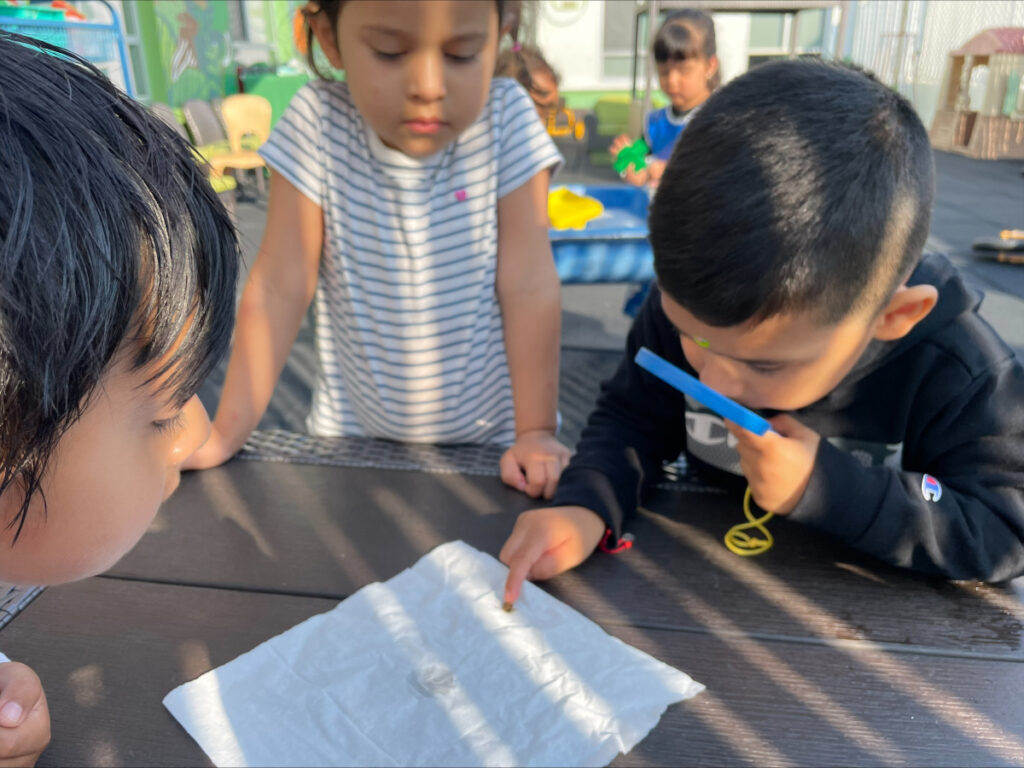The Stanford Office of Community Engagement (OCE) selected three projects led by Stanford Accelerator for Learning faculty affiliates to receive funding through its 2024 Community Engagement Impact Program, which supports initiatives that connect Stanford research and programs with regional needs.
A total of 21 projects led by scholars across campus were chosen this year by a campus community selection committee. All projects are co-created with community nonprofits or public entities.
“The 2024 program celebrates collaborations between Stanford and community organizations that involve listening and understanding the challenges we want to solve together,” said Megan Swezey Fogarty, OCE's senior associate vice president for community engagement. “Trusting relationships matter – and lead to collective results.”
The three Accelerator faculty-led projects selected for the award are as follows:
Educating and Engaging Our Community in STEM
Led by: Philip Fisher, professor and director of the Stanford Center on Early Childhood (SCEC) and Kathryn Beauchamp, director of impact evaluation at the SCEC
With community collaborator: Peninsula Family Service (PFS)
The SCEC will partner with PFS to develop, expand, and plan a parent engagement component of PFS’ existing STEM from the Start program. OCE impact funds will support focus groups and workshops, and provide translation services and personnel for all phases of the learning evaluation work.
Healing and TRANSFORMing Racial Stress and Trauma in Schools
Led by: Farzana Saleem, assistant professor of education and Stanford Accelerator for Learning faculty affiliate
With community collaborator: East Palo Alto Academy
TRANSFORM, which stands for Trauma and Racism Addressed by Navigating Systemic Forms of Oppression with Resilience Methods, is a group-based intervention designed to heal and address racial stress and trauma. The current phase of the pilot project will involve about 30 students in a small-scale efficacy study. OCE impact funds will be used to supply TRANSFORM student groups with materials, provide participant compensation, and support the research team.
STEP-Peninsula Bridge Summer Teacher Fellowship
Led by: Ira Lit, professor of education (teaching) and faculty co-director of the Learning Differences Initiative
With community collaborator: Peninsula Bridge
The Stanford Teacher Education Program (STEP) and Peninsula Bridge will collaborate to support Peninsula Bridge’s summer school programs in San Mateo County. STEP will recruit and support teachers from its most recent graduating classes to serve as educators in the Summer Bridge program. OCE impact funds will partially support six summer STEP teaching fellows, matched by Peninsula Bridge funds, and an instructional coach for the fellows, as well as administrative support.
This story was first published by Stanford Graduate School of Education.



